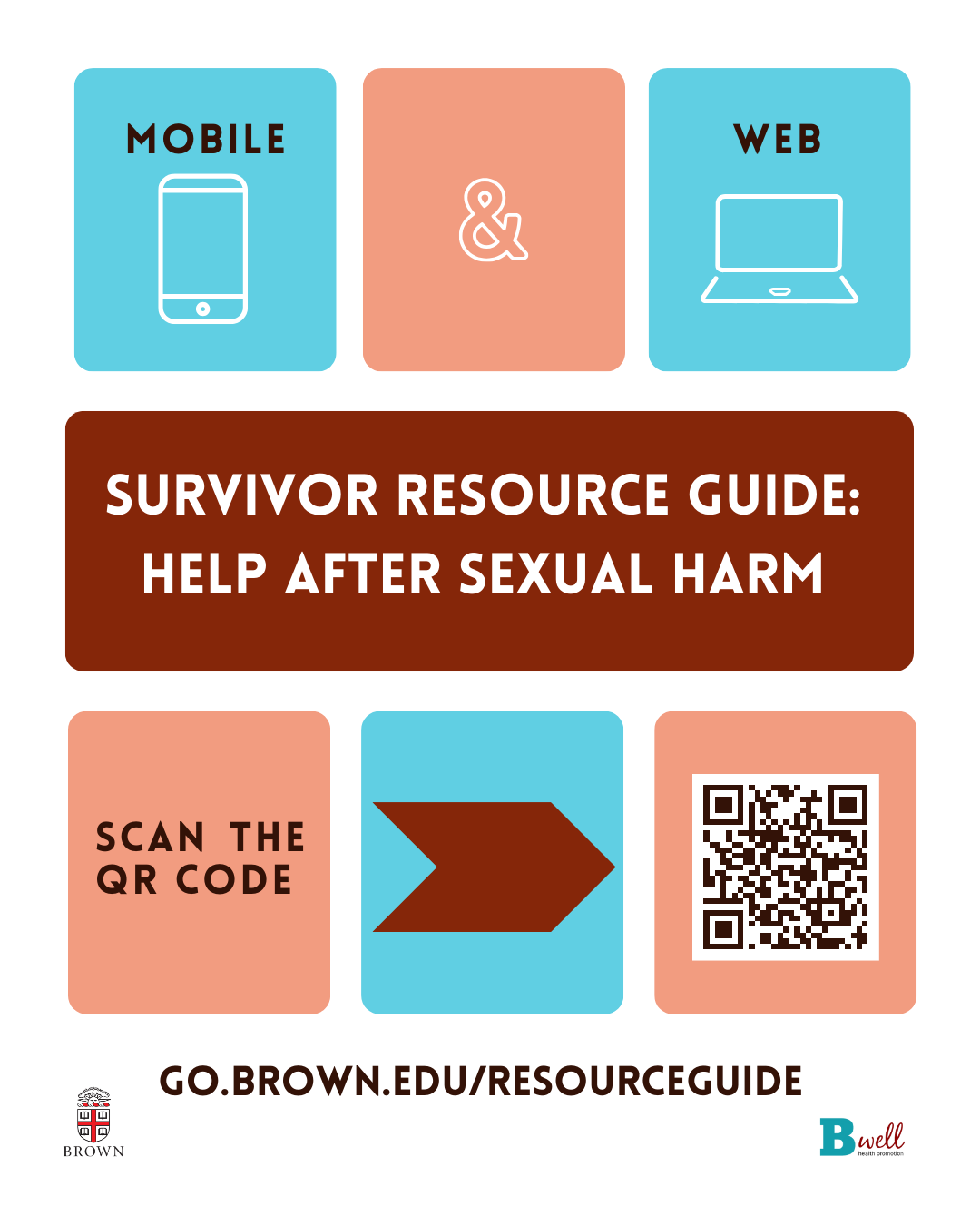Sexual assault is a traumatic event and survivors will have similar reactions as those who have been through other types of trauma. Some research has found that sexual assault and combat exposure are the two types of trauma most likely to cause post-traumatic stress disorder (PTSD). Your friend may feel in shock, act like nothing has happened, or feel numb. While some people experience an overwhelming amount of emotions immediately after an assault, others find that days, months, or even years pass before feelings surface. Similarly, some survivors never report symptoms like those associated with PTSD, as every situation is different and every person processes what happened to them in unique ways.
Emotions that may surface include sadness, guilt, powerlessness, hopelessness, embarrassment, shame, anger, and fear. There may be periods when a person is preoccupied with thoughts and feelings about the assault. They may have unwanted memories, flashbacks or nightmares. Click here for more information on common reactions.
Since most often the perpetrator is known to the victim, many survivors will find it difficult to trust other people. Here are some of the issues to be aware of:
- It's normal for survivors to have a range of reactions, including depression, anxiety, difficulty concentrating, social withdrawal, and impaired memory.
- Sometimes survivors will experience a brief period following the incident in which it is more difficult to sleep and eat than it was previously.
- Some survivors will use alcohol or other drugs to "numb the pain,” or engage in other activities which may be considered higher risk.
- Survivors may have a different relationship to their sexuality and sexual expression.
- Victims who knew the offender may have longer recovery periods.
- Survivors may have complicated reactions to this experience. It's important to listen to what they have to say without judgment. If you analyze what happened or ask questions about the victim's behavior, you may unintentionally cause your friend to blame themselves and shut down. Because the brain stores traumatic memories differently from normal memories, it's very common for people who have experienced trauma to have gaps in memory and/or be unable to relate the experience in a chronological way.







